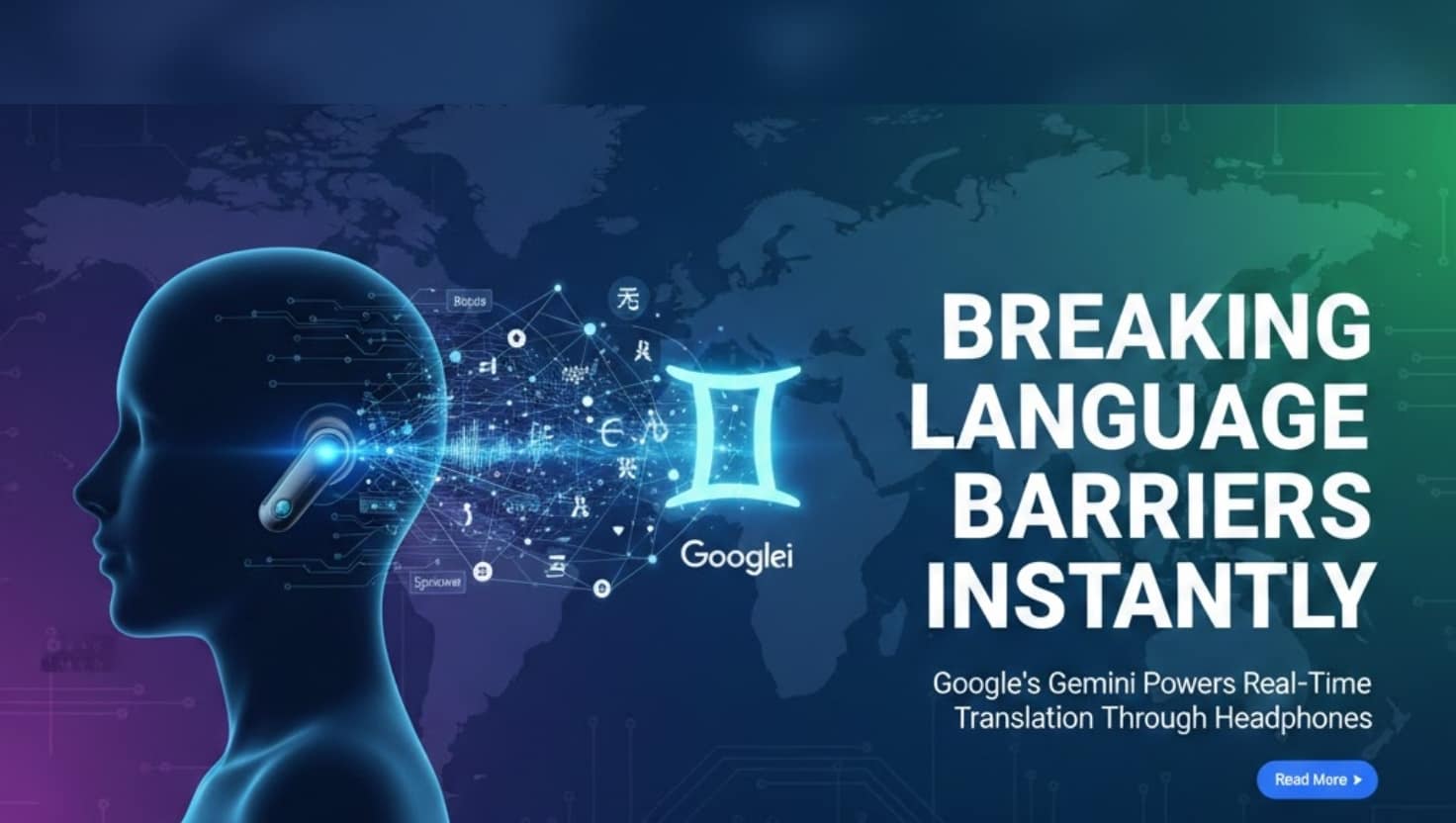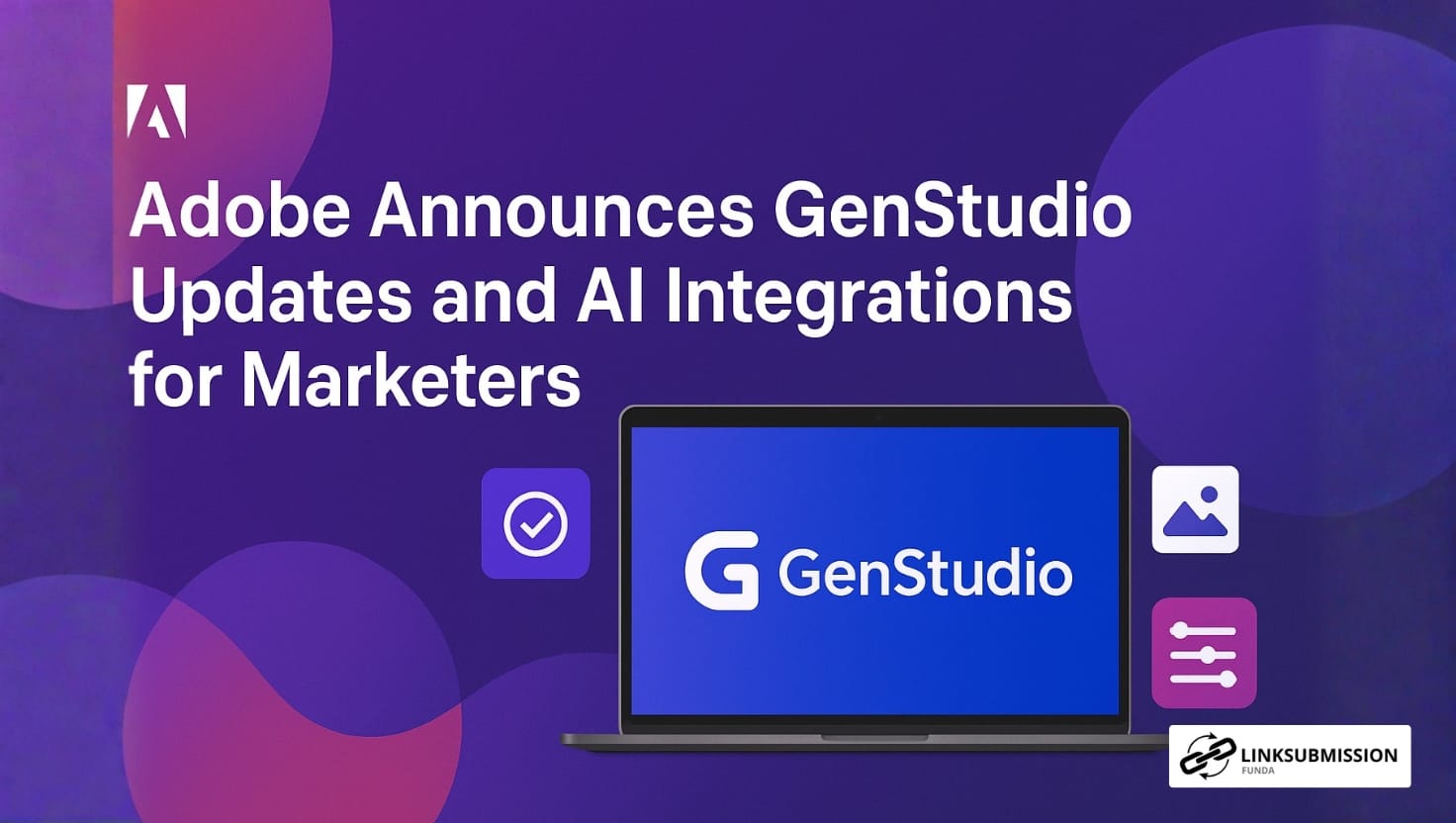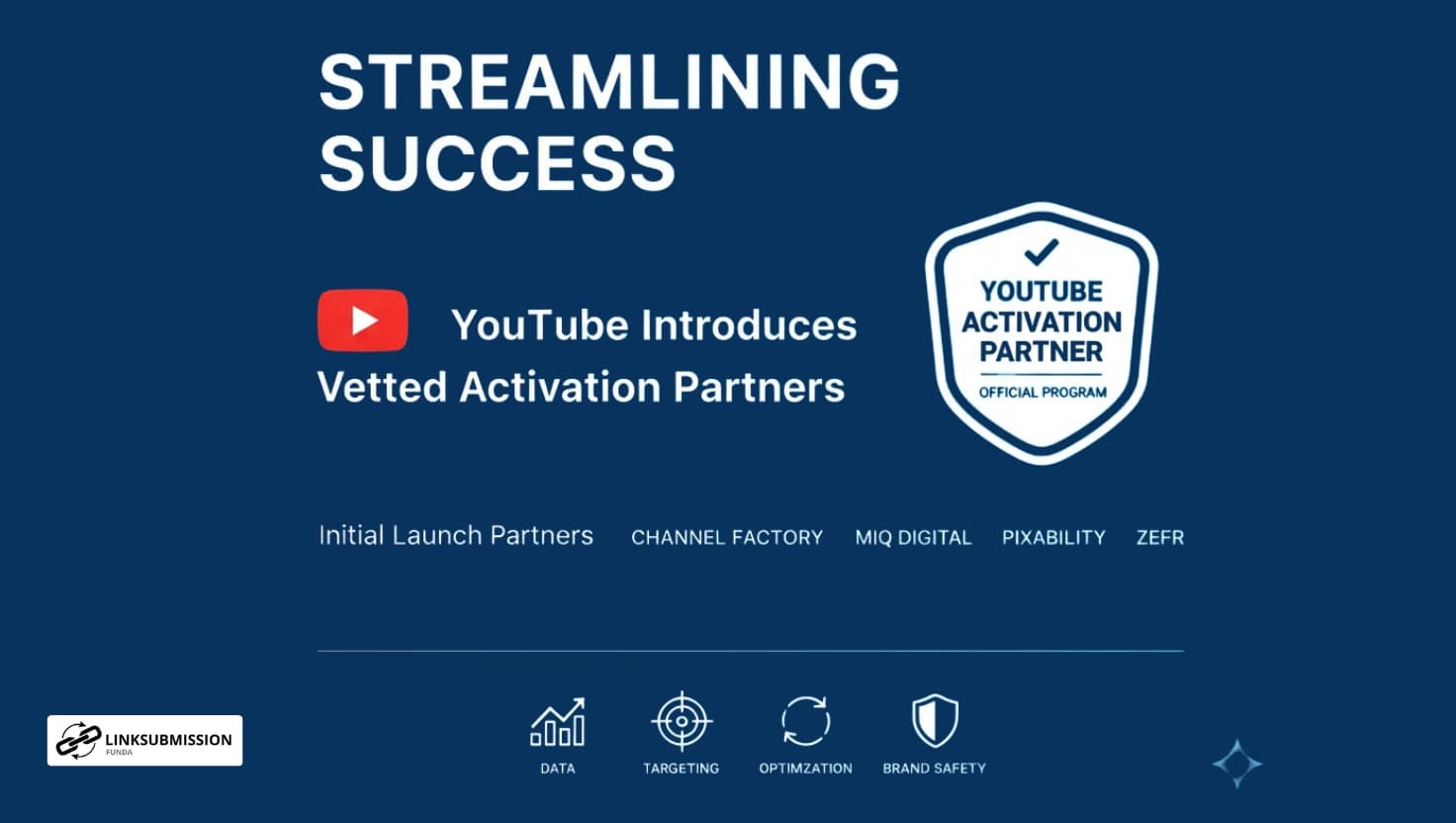In the digital world, a silent shift is underway. Every day, over 2.5 billion prompts are being fired into ChatGPT, OpenAI’s conversational AI, indicating that it may be emerging as the next big thing in the world of search—perhaps even threatening Google’s long-standing reign.
While Google remains the go-to platform for web searches, ChatGPT’s surging popularity signals that the way people seek and consume information is evolving rapidly. But does this mean ChatGPT is replacing Google? Let’s break down the numbers, trends, and what this means for the future of search.
The Rise of ChatGPT: A Prompting Revolution
ChatGPT has become a household name in record time. What started as an AI-powered chatbot for conversation and creative writing has evolved into a full-blown knowledge assistant, integrated into apps, workflows, and browsers.
According to OpenAI, ChatGPT is now handling over 2.5 billion prompts every day—an astonishing number that reflects not just interest but dependency. Users are no longer just chatting with AI—they’re relying on it for research, summaries, code generation, problem-solving, and yes, even to find answers they used to Google.
With the introduction of ChatGPT-4o, which blends text, vision, and voice, the tool has become more interactive, intuitive, and versatile. Users can take pictures of menus for translation, upload charts for data analysis, and ask for business advice in real-time conversations. This level of interaction is something traditional search engines are still struggling to match.
Why People Are Choosing ChatGPT Over Google
Several key factors explain why ChatGPT is starting to replace Google for certain tasks:
- Instant Answers Without Clicks
Unlike Google, which presents a list of links requiring users to dig deeper, ChatGPT provides concise, context-aware answers immediately. This saves time and reduces cognitive overload. - Personalized Interaction
ChatGPT adapts to your tone, preferences, and history, delivering customized answers in a conversational format. Google, in contrast, is still largely a one-size-fits-all experience. - Fewer Distractions
ChatGPT doesn’t bombard users with ads, SEO-optimized fluff, or irrelevant search results. The clean, ad-free interface is a breath of fresh air. - Multimodal Capability
GPT-4o enables users to interact with text, voice, and images simultaneously, pushing it ahead of Google, which is still mostly text-based in its search interactions. - Productivity Features
From writing emails and generating code to summarizing PDFs and creating content calendars, ChatGPT is more than a search tool—it’s a virtual assistant.
How Google Is Responding
Google isn’t watching silently. It has responded with Search Generative Experience (SGE), a more AI-integrated version of its search engine. SGE aims to provide AI-generated summaries at the top of the search results page, mimicking some of ChatGPT’s strengths.
Google also launched Gemini, its suite of generative AI tools, to compete directly with OpenAI. But despite these efforts, Google still relies heavily on its ad-driven search model, which may limit how fast it can pivot to the AI-first experience users now crave.
Will ChatGPT Kill Google?
Not quite—at least not yet. Google still dominates when it comes to:
- Real-time news updates
- Navigation and location-based searches
- E-commerce searches and product listings
- Indexed access to the open web
ChatGPT, on the other hand, is better for research, learning, and productivity-related queries, especially those that require reasoning, creativity, or summarization.
In fact, many users are now using both tools in tandem—Googling for broad context and current events, then turning to ChatGPT for deeper understanding or content generation.
The Future of Search: Coexistence or Competition?
We’re entering an era where search is no longer just about browsing the web—it’s about getting things done. AI models like ChatGPT are reshaping user expectations by providing:
- Faster results
- More direct answers
- Interactive follow-ups
- Creative assistance
The competition between ChatGPT and Google is not just about who answers better—it’s about who better understands the user’s intent and adapts accordingly.
Final Thoughts
With 2.5 billion prompts per day, ChatGPT is more than a fad—it’s a force. Whether it becomes the new Google or simply redefines how we interact with information, one thing is clear: the search landscape is evolving.
As AI assistants become smarter and more capable, the future may not belong to one single platform but to those that merge intelligence, personalization, and utility into a seamless user experience. Whether that’s Google, ChatGPT, or something entirely new, the race is on—and we’re all part of it.





